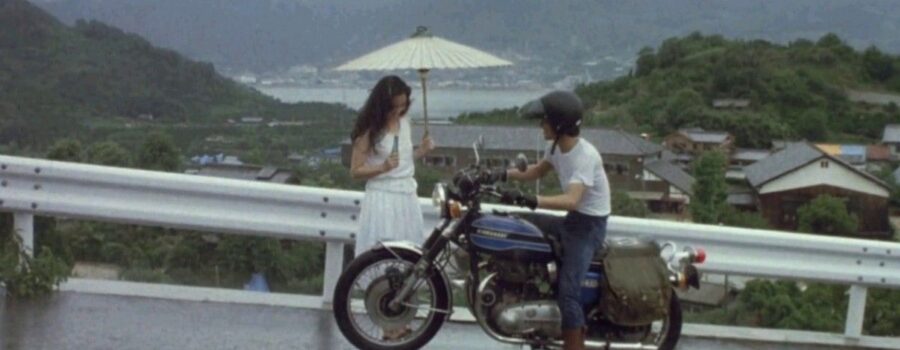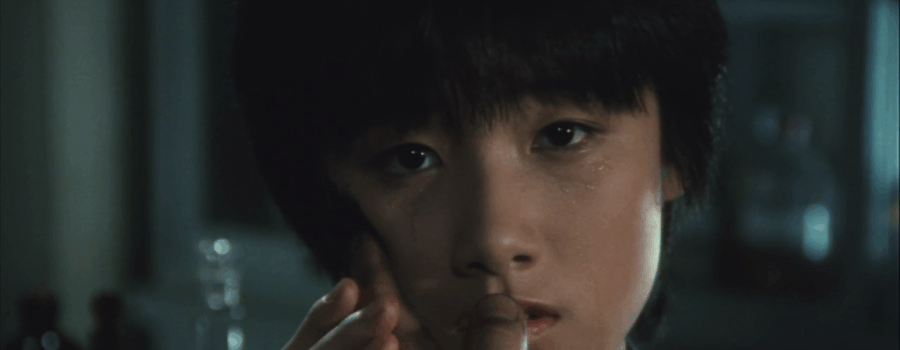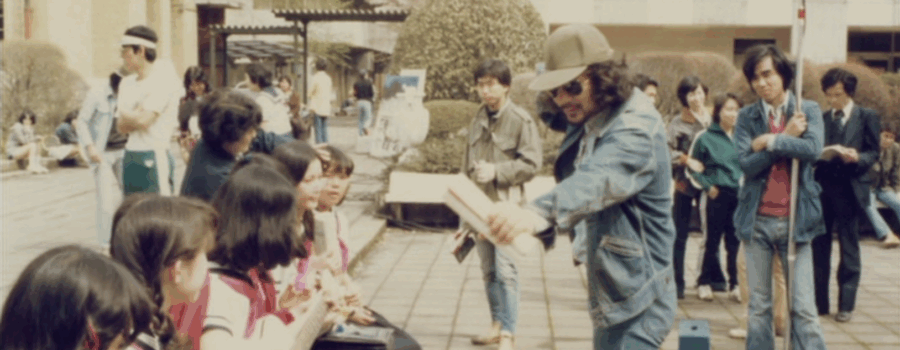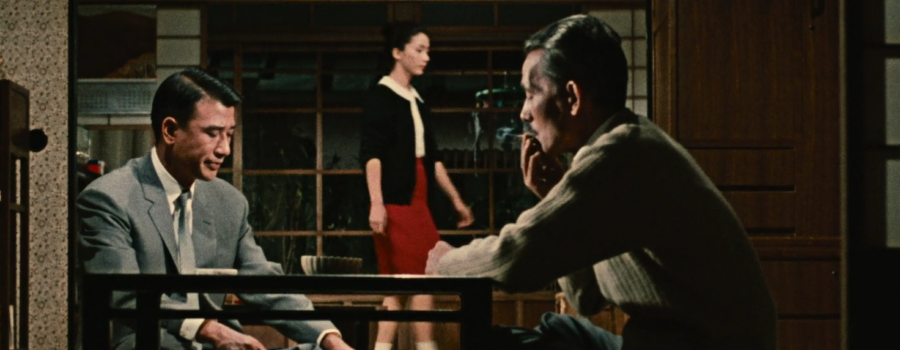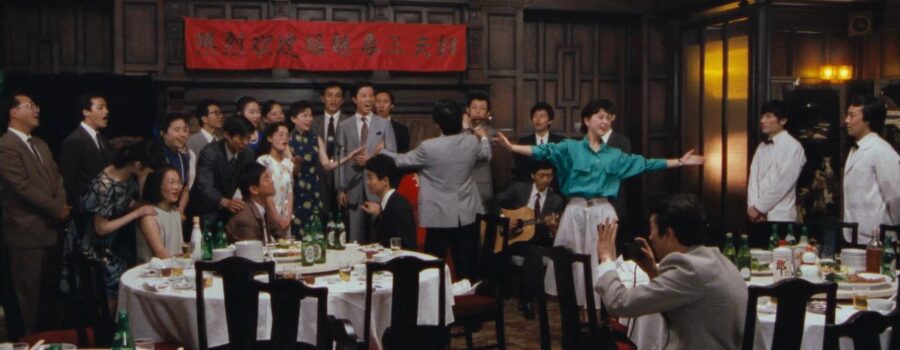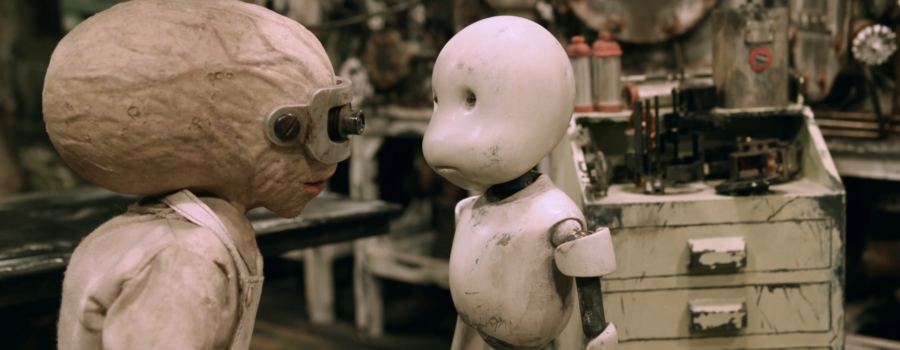Anti-Fascist, All Fun: Disobedient Whimsy in Nobuhiko Ôbayashi’s School in the Crosshairs
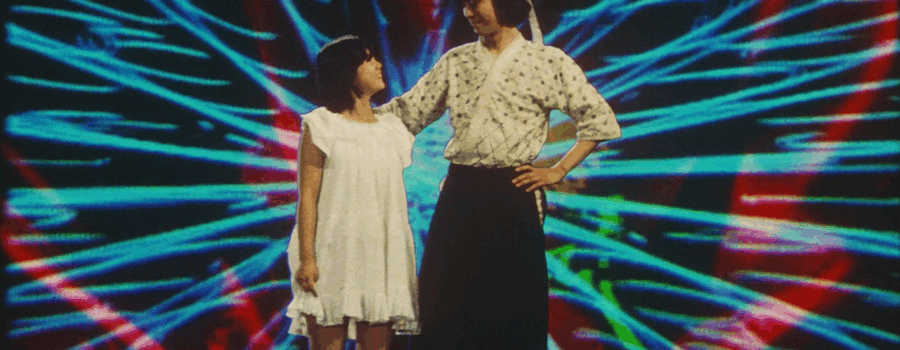
|Chris Polley| Sometimes this place feels like a prison” is a sentiment I hear at least once every few years as a public school teacher—from students, yes, but also at least twice from fellow teachers. It’s also a haven for many kids who lack stability and routine at home. And yet it remains a source of so much stress and so… Continue reading

